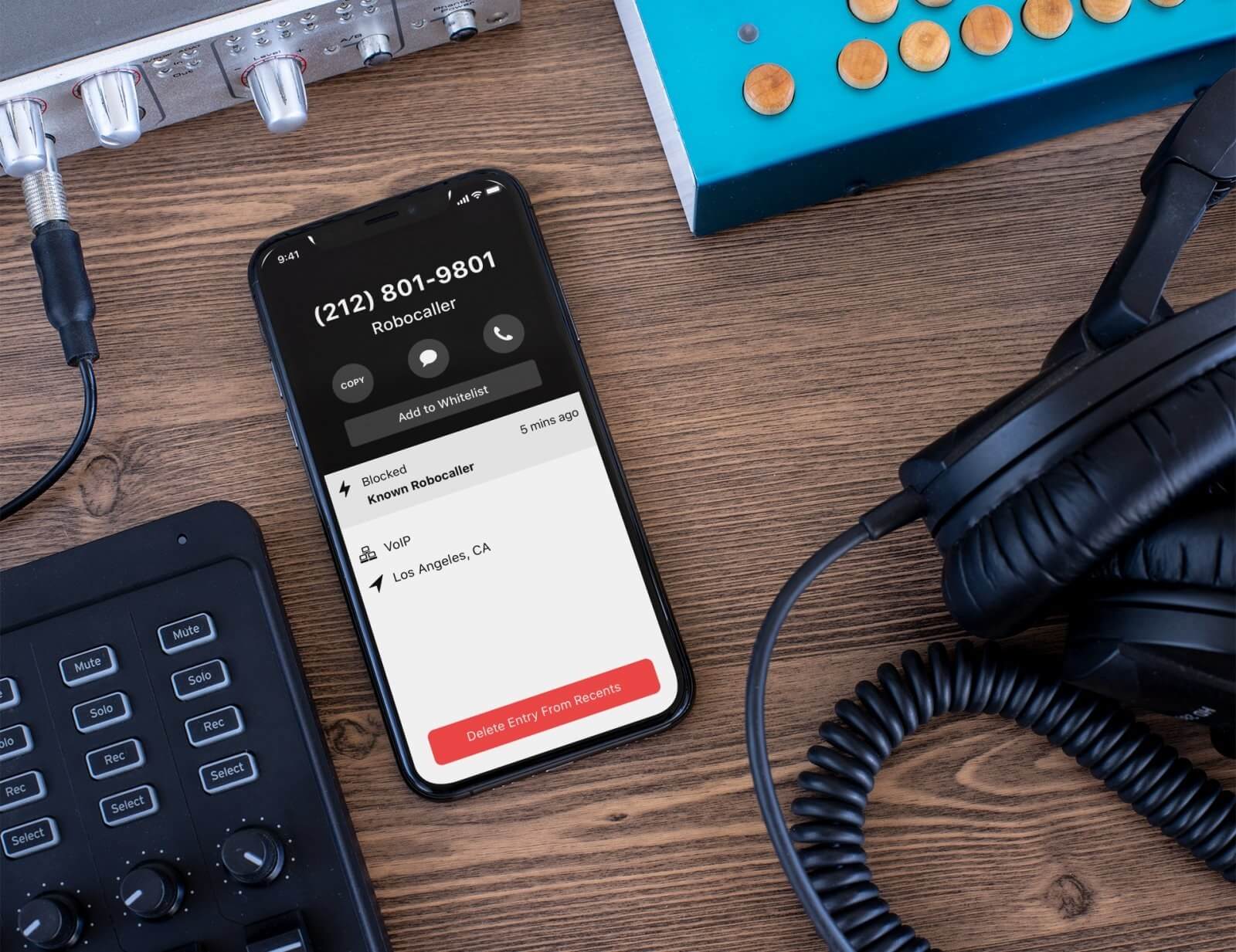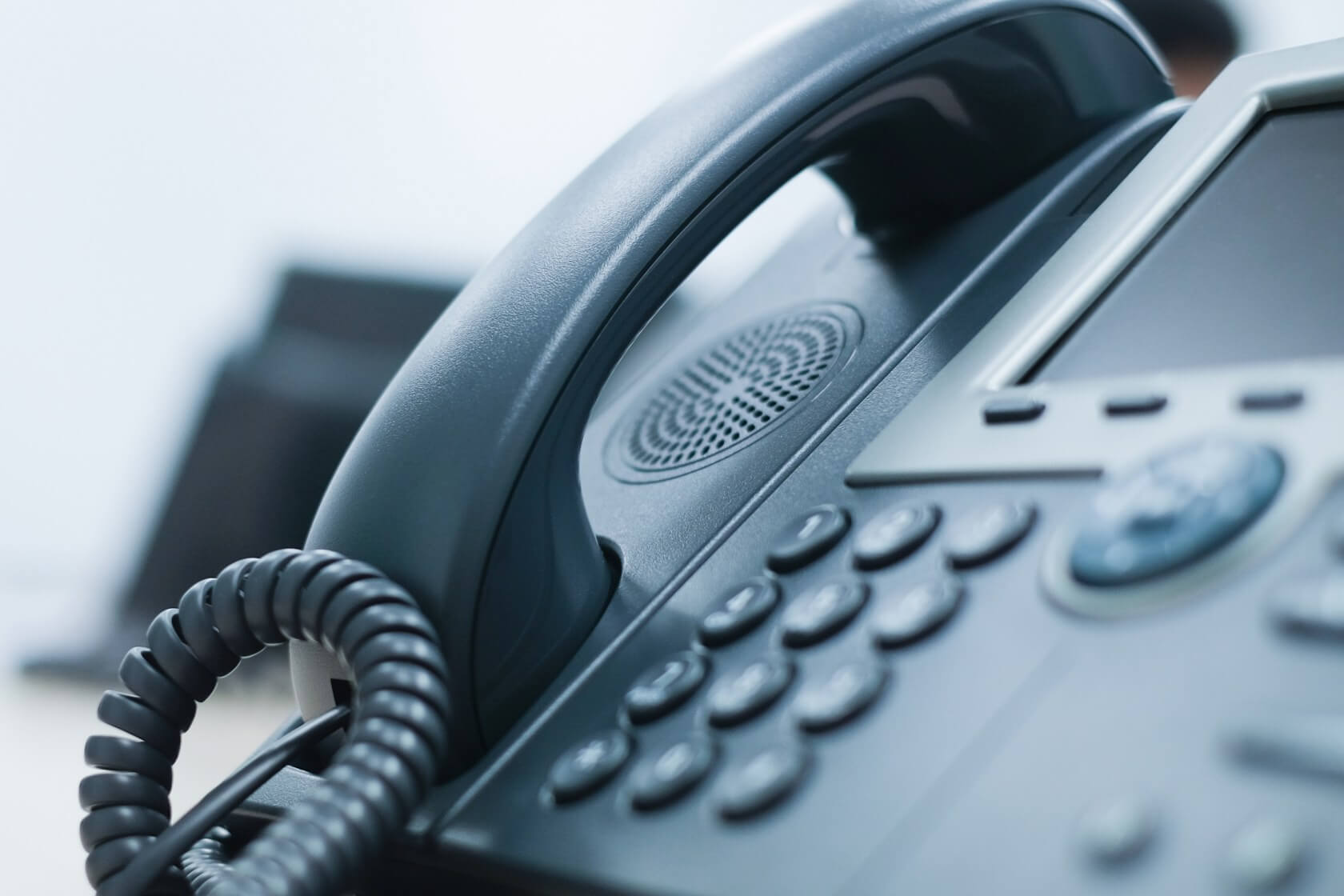Why it matters: Nobody likes human spam calls from overseas call centers, but robocalls are arguably even worse. These automated and almost always unwanted calls can come at virtually any time, and many modern phone users can receive several per day – sometimes significantly more than that, if they are particularly unlucky. Due to how common these calls are, several regulators in the US have taken steps to punish or block robocalls.
Back in March, the FTC slapped four robocalling organizations with multi-million dollar fines for their behavior, and in May, the Senate nearly unanimously voted to pass an anti-robocalling bill.
That bill, dubbed the "Telephone Robocall Abuse Criminal Enforcement and Deterrence Act" (TRACED), will soon be making its way to the House Energy & Commerce Committee alongside the new "Stopping Bad Robocalls Act."
For those who aren't up to date on the anti-robocall fight, the TRACED Act's primary goal is to provide law enforcement with more powerful tools to catch and prosecute robo-scammers. Further, the Act will require mobile providers to "authenticate and block" robocalls from their end. Many telecoms already provide this sort of functionality to their customers, but the TRACED Act makes it a universal requirement.

The Stopping Bad Robocalls Act offers further consumer protections. For example, under the Act, robocall organizations will be required to check a dedicated database that will contain all "nationwide" phone numbers that have been disconnected and reassigned to new users.
After doing so, they will need to acquire "express consent" from the new phone number holder before they are allowed to make any automated calls.
The Act will also outlaw many robocall methods that are currently in use, while simultaneously making it even easier for law enforcement and the government as a whole to track down and punish scammers. You can read the Act in its entirety on the House's official website.
Lead image credit: Shutterstock
